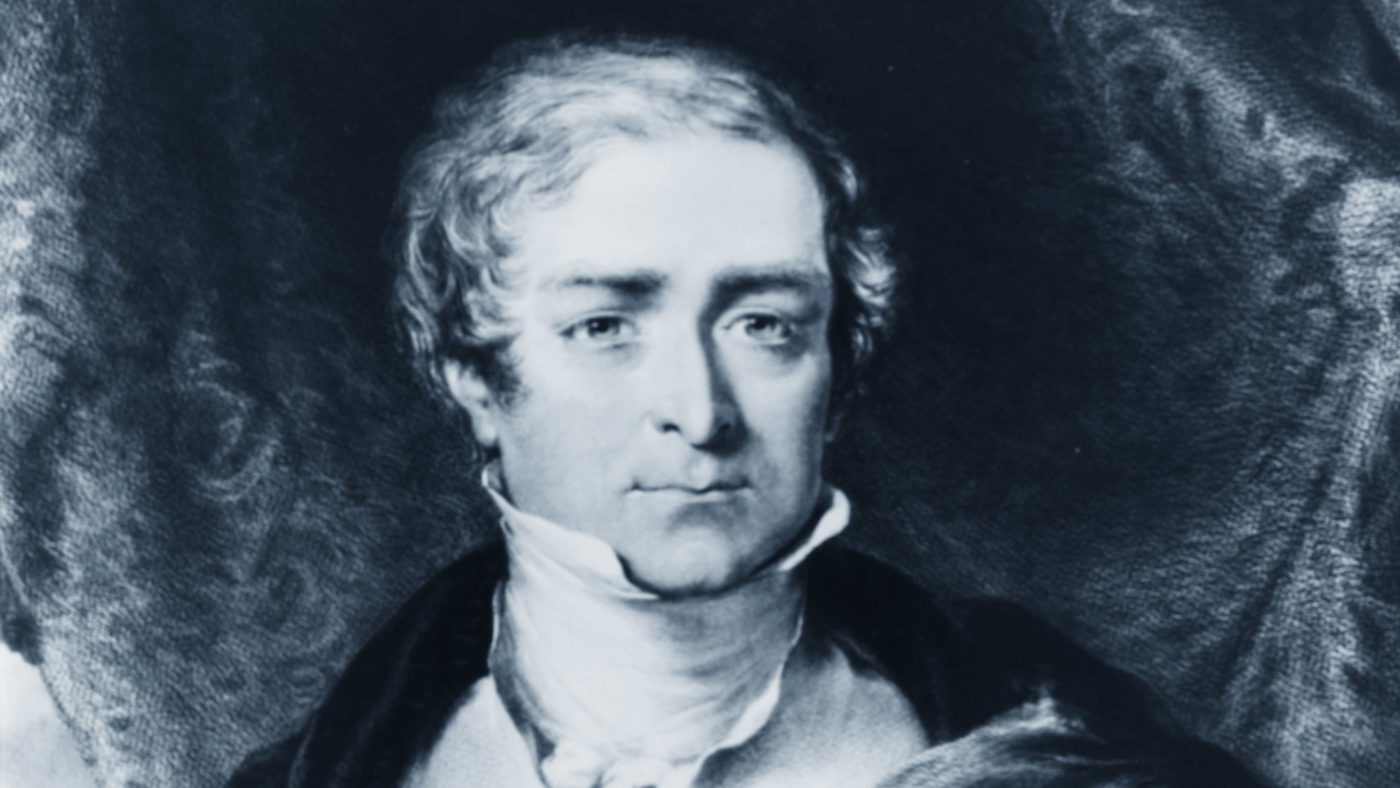Adam Smith’s seminal work, The Wealth of Nations, and David Ricardo’s espousal of the theory of comparative advantage, are often regarded as the catalysts for the spread of free trade in the UK and further afield. Notwithstanding the indisputable importance of these towering economic theorists, England’s transition to free trade was marked less by ideology than by pragmatism, and its historical triumph was more contingent than often assumed.
This historical reality offers lessons for today’s advocates of free trade: the defence of this poverty-destroying doctrine should be grounded in concrete realities rather than intangible ideals.
The abandonment of the Corn Laws in 1846 by Robert Peel’s ministry is frequently viewed as the pivotal moment in Britain’s transition to free trade. However, the background to the 1841 election, while less well-known, is equally instructive in detailing the progression of free trade from a minority position to national policy. It was in that year that the Whig-Liberal Party eschewed its former protectionist stance and brought forward a consciously, albeit somewhat apologetically, free trade budget, grounded in the belief that revenue maximisation would be secured through a reduction in tariffs.
Why the volte-face, and what does this tell us about the triumph of free trade? Quite simply, free trade was born of necessity and pragmatism. Earlier attempts to increase duties on imports (including in the 1840 budget) had proved self-defeating, and the parlous state of the country demanded a change. In light of the 1832 Great Reform Act, a new politics had been born, most clearly embodied in the newly emergent group of MPs representing the recently enfranchised northern boroughs whose position, and indirectly that of the government, largely depended upon a responsiveness to popular grievances.
A protracted industrial and agricultural slump, the birth of the Anti-Corn Law League in the winter of 1838-9, the regular petitioning of parliament to amend the Corn Laws towards the end of the decade, and the annual motions by Villiers MP calling for the abolition of agricultural protection meant that a failure to embrace political economy would be the most divisive course. Pressure mounted further with the establishment of the Select Committee on Import Duties in July 1840 and the subsequent publication of its findings which underlined the folly of tariffs.
The 1841 election represented the first to be defined by the cost of living crisis – the hunger of the people, as evidenced by high food prices and the significant decline in per capita consumption of sugar, a barometer of starvation, registered with the political class of the day. Little wonder, therefore, that the sugar duties were at the forefront of the ministerial assault on protectionism.
Ministers, aware of their dependence on the newly enfranchised large towns for their political survival, were at pains to show their responsiveness to popular grievances and free trade was their means of doing just that. In the parliamentary debates on the matter, Lord John Russell, Secretary of State for the Colonies and leader of the party in the Commons, adverted to the economic distress in Bolton, where “shopkeepers are almost ruined by diminished returns and bad debts” and referred to “Manchester and other manufacturing towns, from which it appears that generally work is falling off, and the people with difficulty obtain wages sufficient to support life”. Labouchere, a ministerial colleague, described the”apprehension” expressed by merchants and manufacturers as a consequence of declining exports.
Perhaps even more illuminating is the acute understanding of the workings of international trade reciprocity on the part of ministers by 1841. A cursory glance at Palmerston’s (then Foreign Secretary) speech demonstrates that realpolitik lay at the heart of the Liberal transition to free trade: he argued that England’s restrictive system “induces other States to fancy that it is the secret of our prosperity”, leading them to mimic the policy of protection to the detriment of England’s domestic industry. Regarding the Prussian Commercial Union, he stated that “this house and the country deceive themselves greatly if they imagine that a perseverance in our restrictive system, and in our prohibiting duties, will not induce the German League to continue their present high duties upon our manufactures”. He applied the same logic to trade with France, the USA, Belgium, Mexico, Russia and Sweden.
Remarkably, Palmerston was commissioning radicals such as Sir John Bowring and C.P. Villiers, both of whom were subsequently heavily involved in the Anti-Corn Law League, to tour the continent in the 1830s to ascertain how to increase Britain’s trade. The message with which these two free traders returned was unsurprising and unambiguous: pursue a policy of unilateral tariff reductions.
Uncritical presentism should never be a historian’s craft. However, the adoption of free trade in the mid-nineteenth century can provide lessons for the present. Abstract theories, ground-breaking as they were, did not alone carry the day. Rather, the reality that free trade was the most efficacious means of raising large swathes of the population out of poverty was the clincher.
In the process of unshackling ourselves from the protectionist bloc of the EU, we should remember one thing: free trade is not some abstract, romantic ideal, but instead a doctrine of real, practical benefit to us all. As in the 1840s, Britain’s success depends upon an unapologetic promotion of free trade in such tangible terms.
This article was originally published by the Institute for Free Trade.


